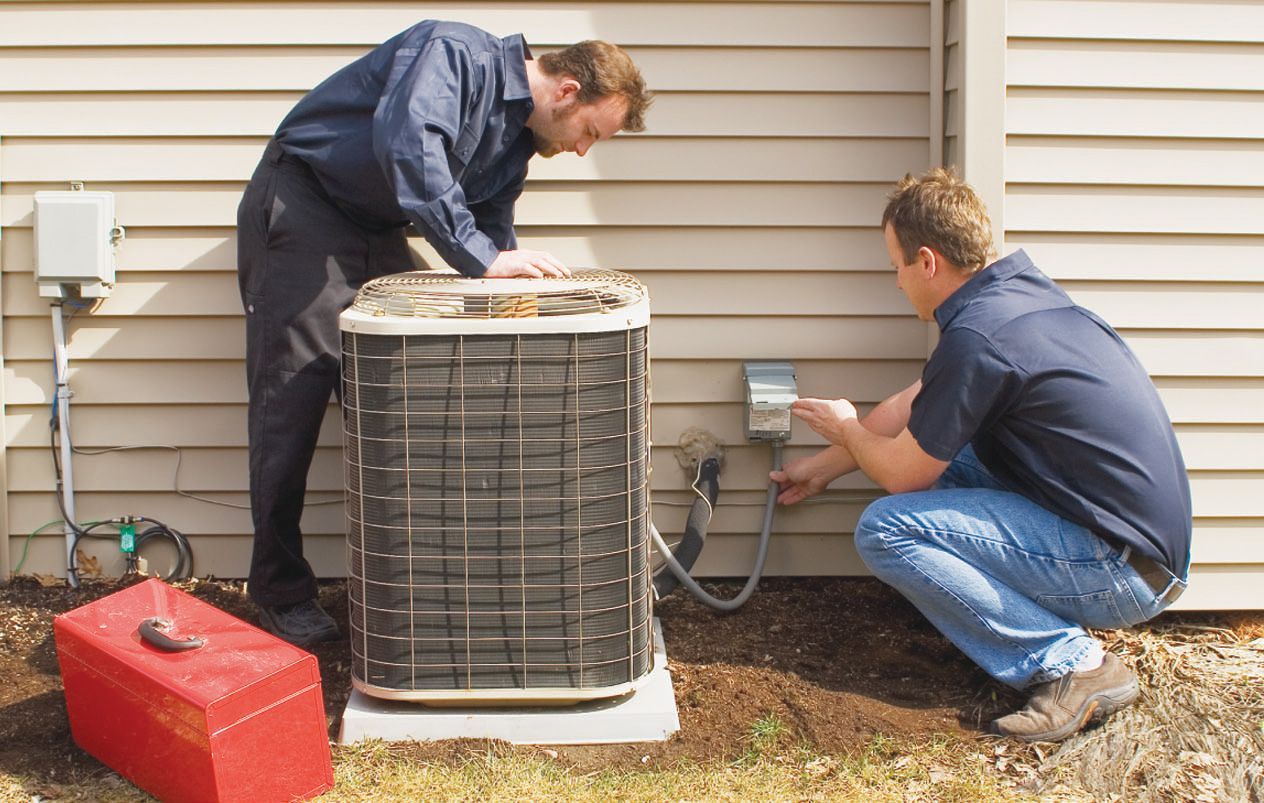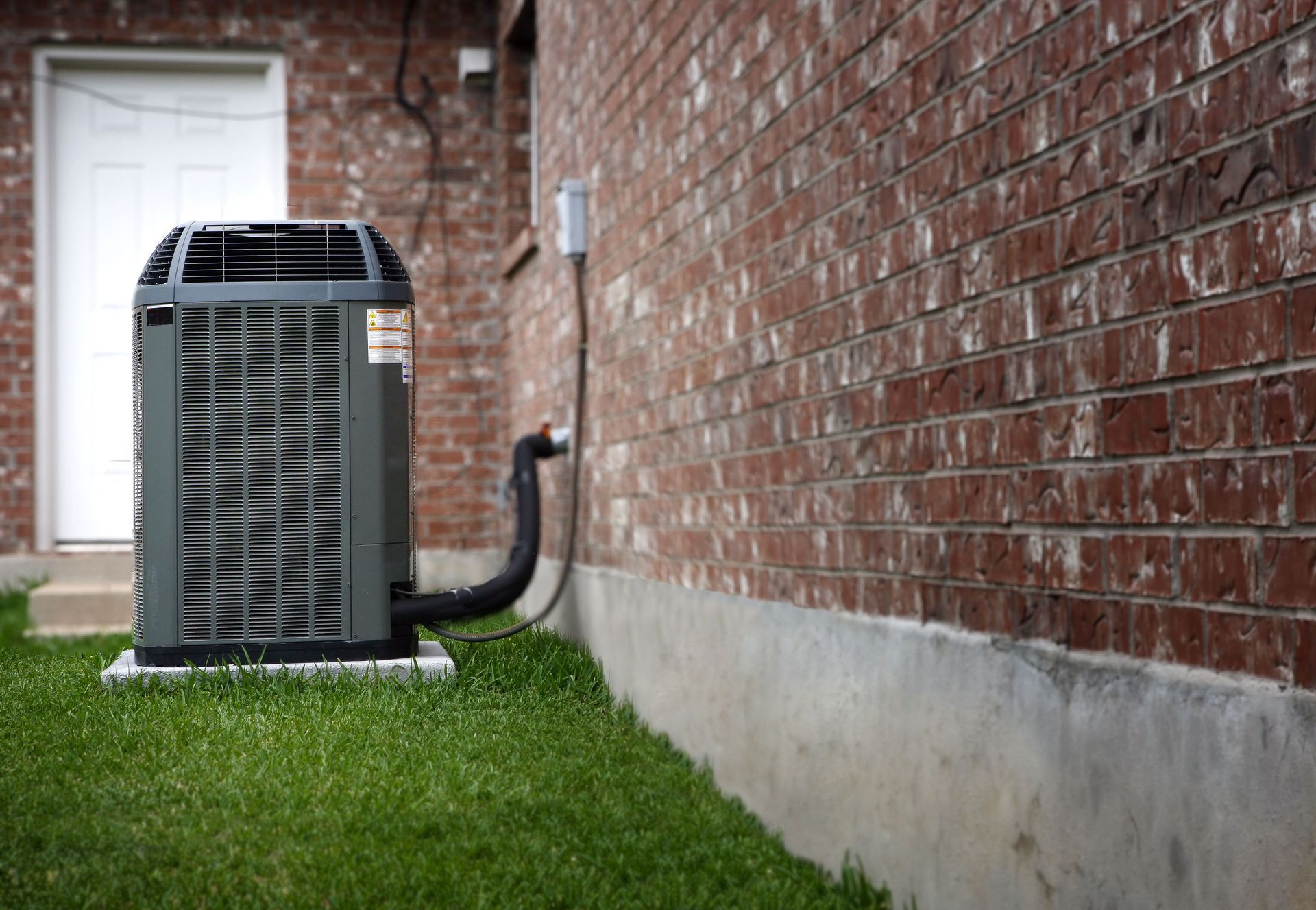How HAVC Services Help Improve Indoor Air Quality
Indoor air quality (IAQ) is a crucial component of living and working environments that affects health, comfort, and overall well-being. HVAC, which stands for Heating, Ventilation, and Air Conditioning, plays a pivotal role in enhancing this air quality. The systems and services executed to maintain these infrastructures are not only about controlling temperature but also about filtering pollutants, regulating humidity, and ensuring proper ventilation. As awareness about the impact of poor air quality increases, more individuals and businesses are turning to HVAC solutions to enhance the air they breathe. According to Grand View Research, the global HVAC systems market is projected to reach $445.73 billion by 2033, reflecting the growing demand for advanced, energy-efficient systems that promote cleaner indoor air. This article will delve into the multifaceted role of HVAC systems in improving indoor air quality, offering a comprehensive understanding of its components, services, and the technology behind it.
Indoor Air Quality
Indoor air quality is a vital consideration, as most individuals spend a substantial amount of time indoors, whether in homes, offices, or schools. The quality of air we breathe can significantly influence our health, with potential impacts on the respiratory and cardiovascular systems. Ensuring high indoor air quality can lead to reduced illnesses, enhanced productivity, and a more comfortable living environment. Contaminants such as dust, pollen, and mold are often present indoors, and without adequate intervention, they can propagate and exacerbate health issues. The role of HVAC systems is therefore not only to maintain a comfortable temperature but to act as a frontline defense against indoor air pollutants.
Common indoor air pollutants include volatile organic compounds (VOCs), particulate matter, and biological contaminants like mold and bacteria. VOCs can originate from household products or building materials, leading to potential health risks when inhaled. Particulate matter, particularly particles smaller than 2.5 micrometers, can penetrate the lungs and enter the bloodstream, causing serious health problems. HVAC systems equipped with effective filters can significantly reduce these harmful particles. By capturing and removing a range of pollutants from the air, these systems help to ensure a safer and cleaner environment.
The impacts of poor indoor air quality on health can range from short-term effects like headaches and fatigue to serious long-term conditions such as asthma and heart disease. Children, the elderly, and those with pre-existing health conditions are particularly susceptible to the adverse effects of polluted indoor air. Chronic exposure to poor air quality can lead to a degradation in health quality, resulting in increased medical expenses and decreased quality of life. An effective HVAC system can mitigate these risks by ensuring that indoor air is continuously filtered and replenished. Maintaining good indoor air quality is a matter of both public health and personal well-being.
The Role of HVAC Systems in Air Quality
Ventilation is a primary function of HVAC systems, essential in replacing stale indoor air with fresh outdoor air. Proper ventilation helps dilute indoor pollutant concentrations and remove odors, enhancing the overall air quality and comfort. Airflow control is equally important as it ensures that air is evenly distributed throughout the building, preventing pockets of stale air and hotspots. By maintaining balanced airflow, HVAC systems alleviate the risk of pollutant build-up and ensure a healthy indoor environment. Effective ventilation is thus a cornerstone of any strategy to improve indoor air quality.
Air filtration is a critical component of any HVAC system, with technologies ranging from standard filters to high-efficiency particulate air (HEPA) filters. These filters are designed to capture dust, pollen, and other airborne contaminants, significantly reducing indoor air pollutants. Advanced systems may also include activated carbon filters that target VOCs and other chemical compounds.
Proper humidity levels are vital for maintaining good indoor air quality. An HVAC system can regulate humidity by removing excess moisture or adding it, depending on the environmental conditions and the needs of the space. Maintaining indoor humidity within the recommended range not only adds to comfort but also minimizes conditions conducive to mold and dust mites. By preventing excessive dryness or wetness, HVAC systems help maintain an environment that supports health and comfort.
Key HVAC Services for Improving Air Quality
Regular maintenance and inspections are crucial for the optimal functioning of HVAC systems. Routine checks allow for early detection of potential problems before they can significantly impact air quality or system performance. Maintenance typically involves cleaning system components, replacing filters, and ensuring that all parts are functioning as intended. Frequent inspections also ensure that systems comply with current regulations and standards, thereby safeguarding health and safety.
Duct cleaning and sealing are important services for air quality improvement in HVAC systems. Dust, debris, and biological contaminants can accumulate in air ducts over time, compromising the system's efficiency and air quality. Cleaning the ducts removes these contaminants, while sealing ensures that air leaks are minimized, leading to better airflow and system efficiency. A well-maintained duct system helps ensure that air circulated through the HVAC system is as clean and pollutant-free as possible.
The Impact of HVAC Design on Air Quality
Proper sizing is an essential factor in HVAC system design that directly affects air quality and overall efficiency. An improperly sized system can result in insufficient airflow and improper humidity control, both of which negatively impact air quality. Systems that are too large cycle on and off rapidly, failing to efficiently dehumidify the space, while undersized systems struggle to maintain adequate air circulation. Correct sizing, based on detailed assessments, ensures the HVAC system operates optimally, maintaining indoor air quality and comfort. This integral step in design is crucial to effective indoor air management.
Designing systems for optimal airflow is fundamental to achieving excellent indoor air quality. Effective airflow design ensures that conditioned air reaches all areas of a space, reducing stagnant air zones where pollutants can build up. Proper ductwork layout, vent placement, and overall system configuration are essential elements in this design process. By ensuring that air is evenly and effectively distributed, building designers can significantly enhance comfort and air quality. This approach reduces energy consumption and maximizes the efficacy of air filtration and conditioning efforts.
Advanced HVAC Technologies and Innovations
Intelligent HVAC controls are transforming how indoor air quality is managed, bringing precision and adaptability to air system operations. These controls utilize advanced algorithms and sensors to monitor environmental conditions and adjust system settings automatically. This intelligent management ensures optimal temperature, humidity, and air filtration levels tailored to real-time data. Such systems offer enhanced energy efficiency by reducing wastage and fine-tuning operations for specific needs. With intelligent controls, HVAC systems become more effective in safeguarding and improving indoor air quality.
Heat recovery ventilation (HRV) systems are innovative solutions designed to improve air quality while maximizing energy efficiency. HRVs work by exchanging stale indoor air with fresh outdoor air and simultaneously recovering heat from the outgoing air. This process reduces heating and cooling demands, making it an energy-efficient solution for maintaining good indoor air quality. By continuously introducing fresh air and eliminating pollutants, HRVs maintain a healthier indoor environment. These systems are particularly effective in homes and buildings seeking to balance air quality with energy conservation.
HVAC services are indispensable in improving and maintaining indoor air quality across various settings. These systems go beyond temperature control, playing a vital role in filtering pollutants, managing humidity, and maintaining balanced airflow. The comprehensive integration of advanced technologies, smart controls, and regular maintenance ensures that HVAC systems effectively safeguard health and enhance comfort. For professional HVAC services you can count on, contact Evergreen Heating and Cooling today.



Share On: